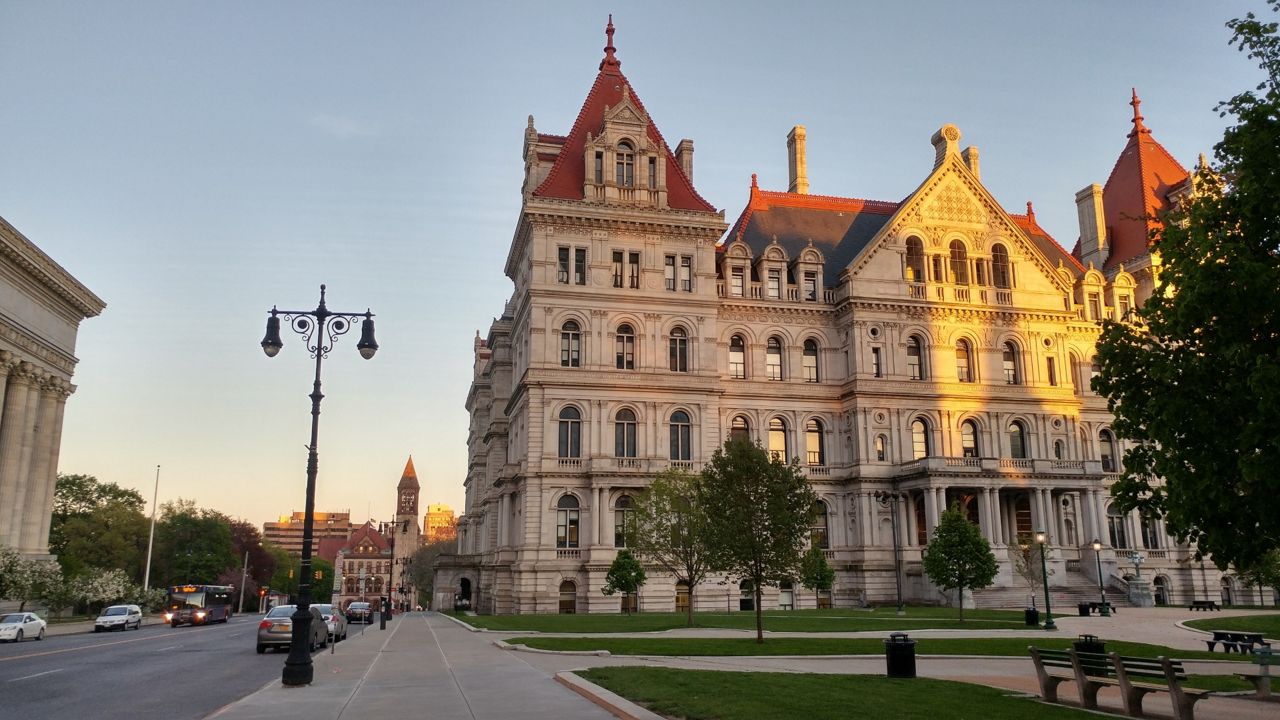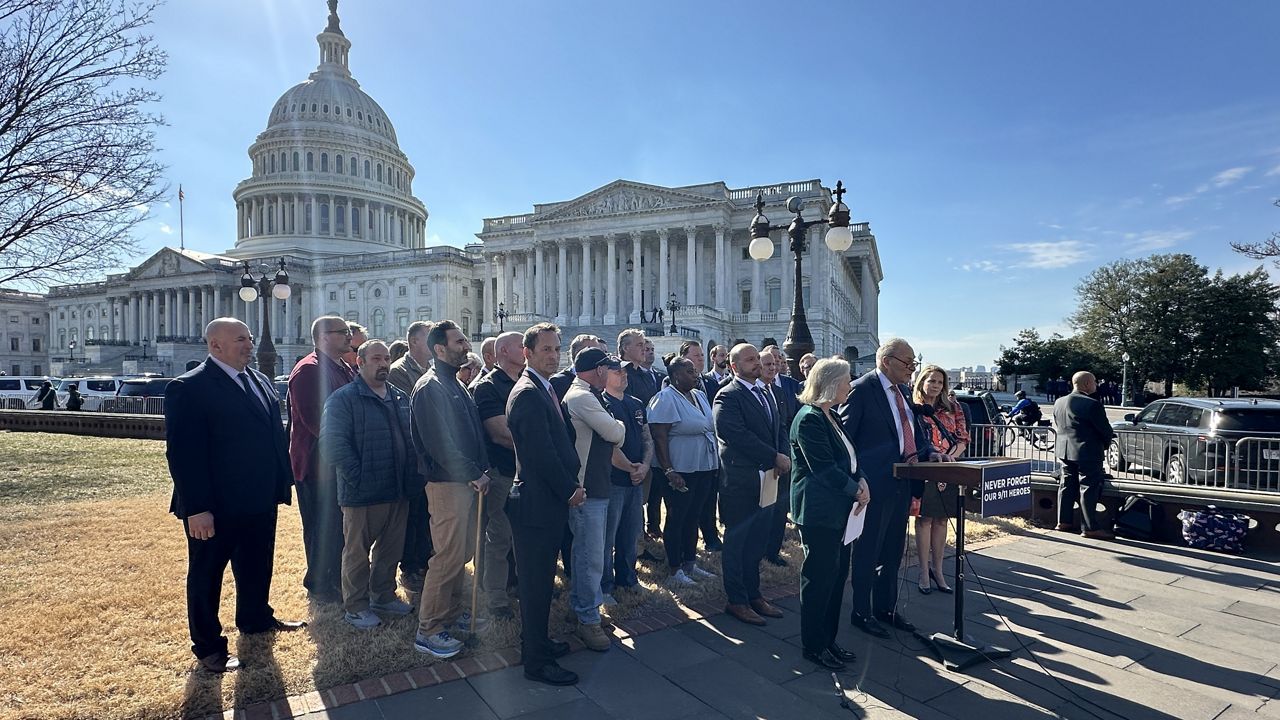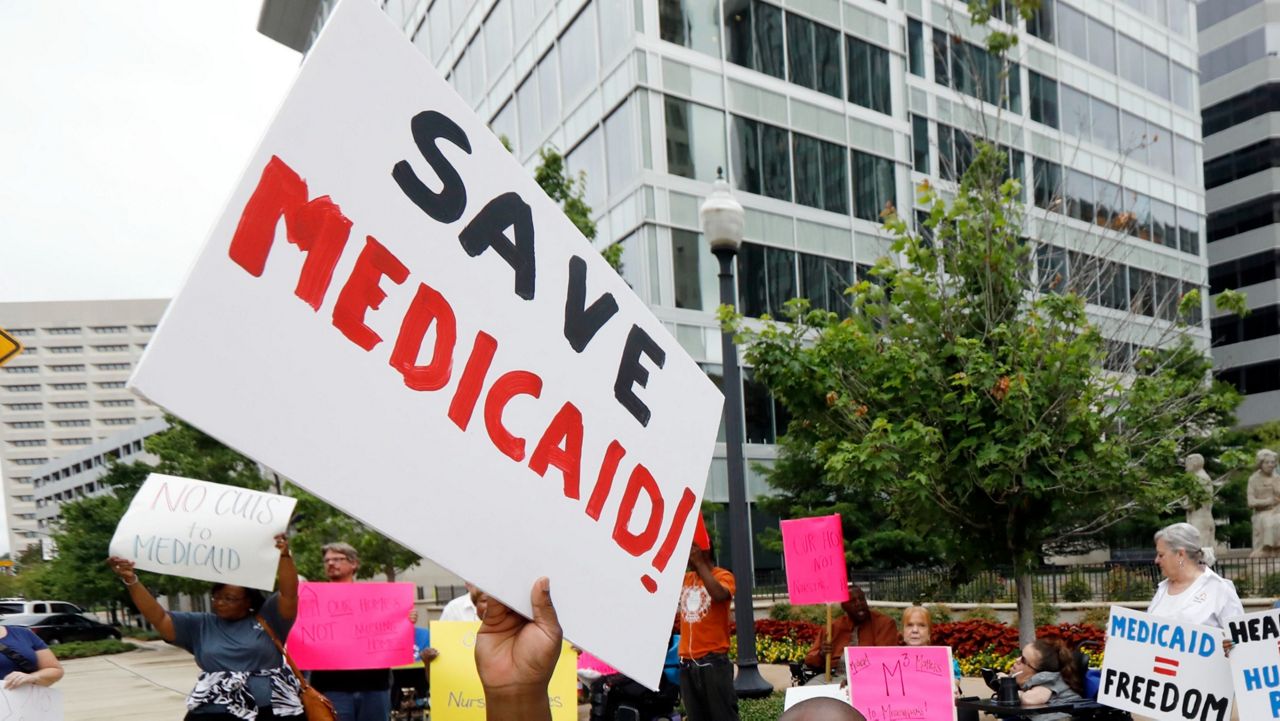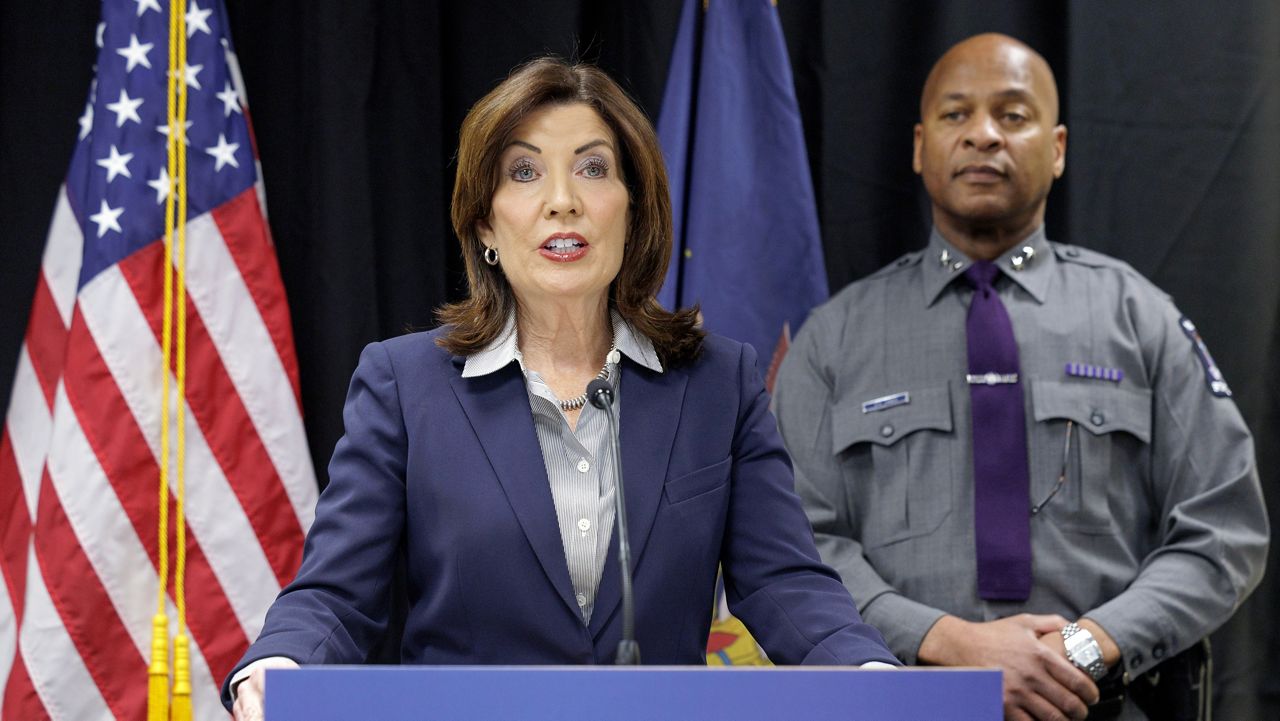Over the past few months, both state and local leaders have daily emphasized the need for federal funding.
According to Governor Andrew Cuomo's administration, costs associated with COVID-19 and a massive decrease in sales tax revenue has now blossomed into an over $60 billion, four-year budget deficit.
State leaders said the only hope in crawling out of this hole is federal dollars, however some say that is not going to be enough.
The Citizens Budget Commission released a report that compared New York’s current fiscal crisis to what it faced during the Great Recession. From 2009 to 2012, the federal government provided New York state with a little over $13 billion in fiscal relief.
This offset about 28 percent of the state’s budget deficit at the time.
David Friedfel, director of State Studies at the Citizens Budget Commission, said if we were to assume that the state would get approximately the same share of relief as it did during the Great Recession, the state would still need to close about a $46 billion budget deficit over the next four years.
While many are proposing potential revenue raisers, Friedfel explains the state should also look at cost saving measures as well.
“It’s going back and pursuing more savings through Medicaid,” Friedfel pointed. “Someplace that the state had identified savings through the Medicaid Redesign Team and they didn’t implement all those savings, that’s one area. Better targeting of school aid… New York sends billions of dollars in school aid every year to wealthy districts that could fund a sound basic education with local resources, so that’s an area the state should look to, particularly if they’re going to be doing school aid cuts, to target it to those kinds of districts.”
Citizen Budget Commission is also proposing ideas such as selling state assets such as a closed prisons, golf courses, or ski mountains, as well as potentially delaying tax cuts set to go into effect in 2021.
“The state really needs to buckle down now, adopt a savings plans and it may need to look for different revenues in order to help balance the budget,” Freidfel explained. “And the state should do those things sooner rather than later, particularly when it comes to reducing spending. The faster they do it, the sooner they do it, it makes it easier going forward. And it makes so you don’t have really drastic cuts at the end of the year to balance the budget.”
The governor typically gives his budget presentation for the next fiscal year in about a month.








